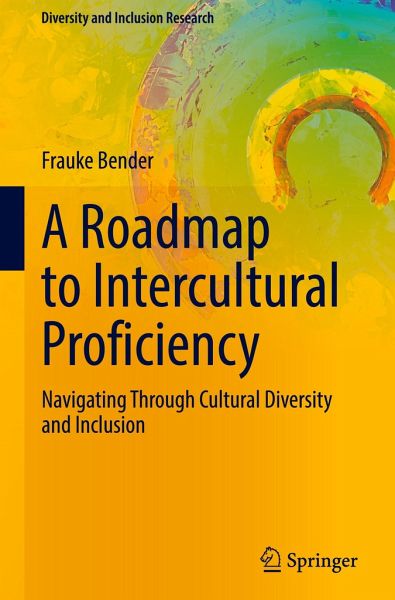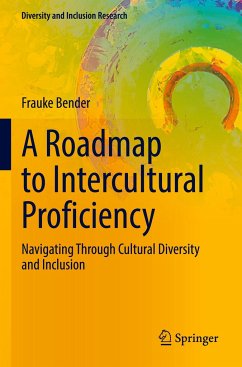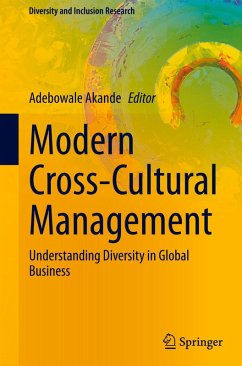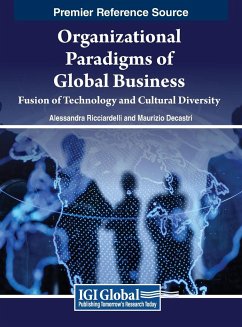
A Roadmap to Intercultural Proficiency
Navigating Through Cultural Diversity and Inclusion
Versandkostenfrei!
Versandfertig in 6-10 Tagen
91,99 €
inkl. MwSt.
Weitere Ausgaben:

PAYBACK Punkte
46 °P sammeln!
This book describes the linkage between the worlds of culture and inclusion based on the concept of intercultural proficiency (IP). It explains the building blocks of intercultural proficiency by providing a conceptual framework that combines and structures the existing knowledge base and extends it by incorporating the author's own empirical research work. The framework presents not only a comprehensive and universal model based on existing concepts but also implications for learning and teaching strategies. This book and the IP concept provide guidance for students, early working professiona...
This book describes the linkage between the worlds of culture and inclusion based on the concept of intercultural proficiency (IP). It explains the building blocks of intercultural proficiency by providing a conceptual framework that combines and structures the existing knowledge base and extends it by incorporating the author's own empirical research work. The framework presents not only a comprehensive and universal model based on existing concepts but also implications for learning and teaching strategies. This book and the IP concept provide guidance for students, early working professionals as well as seasoned working professionals on how to thrive and succeed when interacting with different cultures. It allows us to think outside our narrow cultural boundaries and decode complex cross-cultural interactions. Thus, the IP approach can be applied in academic and corporate settings, as it facilitates potential for solution of the issues associated with multicultural workforces and global operations of organizations.












